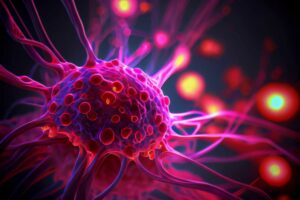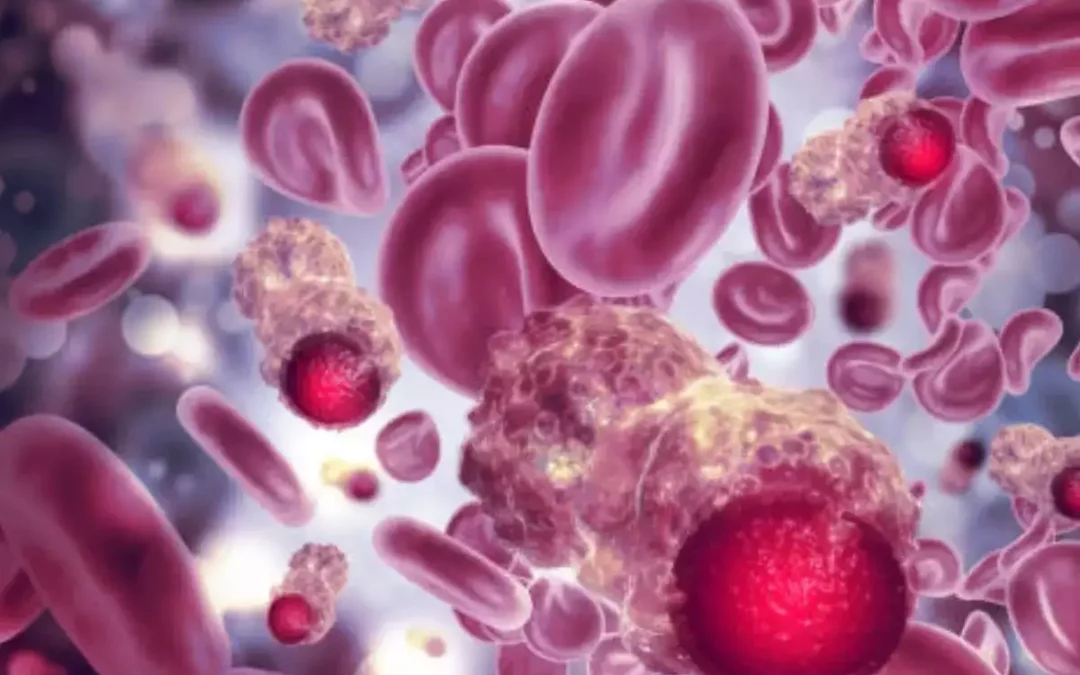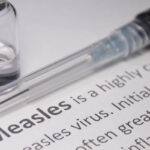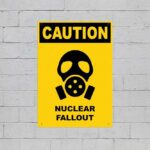Numerous factors are connecting COVID vaccinations to cancer. Given the unprecedented rise of cancer incidence worldwide, there are others who argue that immunization programs should be discontinued immediately.
There were roughly 10 million cancer-related deaths and 20 million new instances of the disease in 2022. According to the World Health Organization (WHO), around one in five individuals will develop cancer at some point in their lives, and approximately one in nine men and one in twelve women will pass away from the disease. The World Health Organization predicts that by 2050, there would be 35 million new instances of cancer, an increase in rates of 77%. However, it might be much higher. In January 2024, the Wall Street Journal reported that doctors were baffled as to why more young individuals were being diagnosed with cancer.
The SARS-CoV-2 virus gained international attention in 2020 and has been linked to cancer by some experts. However, since the COVID-19 vaccines became available in 2021, cancer rates have actually skyrocketed globally. Having received emergency approval, there was no requirement to do carcinogenicity testing on these vaccines. However, since then, the number of new cancer cases worldwide has increased.
These cases are referred to as “turbo cancers” by some because of their abrupt onset and rapid growth. Some cases have appeared within a few days following vaccination. More than 200 reports discuss this new development. Physicians predict that over two million new instances of cancer will be diagnosed in the USA alone this year.
 Carcinogenic COVID gene therapy
Carcinogenic COVID gene therapy
A growing body of research indicates that certain components of the COVID-19 vaccination may be carcinogenic. However, because researchers typically examine aspects separately, they may neglect to investigate the potential cascade of events leading to cancer. Given that the majority of people have received this vaccination, we should investigate if it is connected to the recent rise in cancer cases reported globally. Certain components of the vaccination, such as mRNA, may be problematic. Given that mRNA is also being utilized to treat cancer, this is concerning.
A growing body of research indicates that certain components of the COVID-19 vaccination may be carcinogenic. However, because researchers typically examine aspects separately, they may neglect to investigate the potential cascade of events leading to cancer. Given that the majority of people have received this vaccination, we should Even after Moderna discovered DNA fragments in their vaccine, they claimed it might cause cancer.
Cancer statistics suppressed
Globally, the number of cancer cases is rising, although official statistics in many nations is difficult to get. In Germany, the numbers are not available for five years. As a result, we depend on specialists, firsthand accounts, and occasionally data that we obtain through a tedious and expensive request process.
Professor Mustafar, who formerly served as an advisor to the World Health Organization, has reported an alarming rise in cancer cases since vaccination campaigns began.
Data scientist Edward Dowd examined disability benefits in the United Kingdom and discovered that requests for blood disorders increased significantly in 2022 compared to previous years.
But the issues go beyond blood. Dowd also discovered that the number of deaths from colorectal cancer increased significantly among younger people compared to older persons. Uterine cancer deaths also increased, particularly among younger women. The fact that colorectal cancer is becoming increasingly common in young individuals is particularly alarming. Given that it wasn’t previously widespread in this age group, experts believe this is extremely concerning.
According to a study, the number of cancer deaths in the US increased annually beginning in 2020 and continued to rise in 2021 and 2022. Additionally, in Switzerland, the cancer rate has doubled since 2021, according to Professor Beck from the University of Lucerne.
Pathways to Cancer
There’s no evidence linking the COVID vaccine to cancer, doctors and the general public are frequently informed. The fact remains, however, that the vaccine manufacturers were under no obligation to verify this. Prior to a medicine’s approval, cancer risk assessment is typically necessary.
Expert on cancer, Professor Dalgleish, has cautioned that employing specific sequences in the Pfizer vaccines and administering booster shots may overtax the immune system and might result in cancer. Although the contents of the COVID vaccinations are not well known, independent studies have identified a number of chemicals and ways in which they may be carcinogenic:
- Weakening Immunity: The vaccines might mess with parts of the immune system that stop cancer cells from growing.
- Carcinogenic Ingredients: The tiny particles in the vaccines could cause inflammation and might have things in them that could cause cancer.
- Messing with Proteins: The vaccine might interfere with proteins that stop tumors from growing.
- Spike Protein Issues: Some parts of the vaccine might make it easier for cancer to grow.
- Impact on Immune Signals: The vaccines could mess with signals that help the body fight tumors.
- Hormone Receptors: Certain cancers might grow more because the vaccine interacts with hormone receptors.
- Inflammatory Response: Parts of the vaccine might make it easier for cancer to grow by triggering inflammation.
- Worries About Contamination: There’s a concern that some parts of the vaccines might mix with a person’s DNA and cause cancer.
- Antibody Effects: Getting the vaccine multiple times might make it harder for the body to fight cancer cells.
- Strange Protein Production: The vaccine could cause the body to make abnormal proteins, which might lead to cancer.
- Genetic Changes: The vaccines contain a substance that’s linked to cancer.
It’s important to look into these concerns further to make sure the vaccines are safe.
Call to Label mRNA Technology a Class 1 Carcinogen
Carcinogens are things that can cause cancer by changing how cells work, turning them into cancer cells. Class 1 Carcinogens are the worst, meaning they’re definitely linked to cancer in people. We’ve seen a lot of ways the COVID-19 vaccines might cause cancer, showing there’s a real risk.
Conclusion
A medical treatment must be demonstrated to be both safe and effective before being used extensively. Nevertheless, not enough testing was done on the COVID-19 vaccines before they were distributed to individuals worldwide. They might not even be able to prevent COVID-19-related deaths or severe illnesses.
Given that cancer often takes a long time to develop, the fact that there have already been instances of cancer linked to the immunizations is concerning. Physicians worldwide are witnessing both new and recurrent occurrences in patients of all ages.
Given the current state of knowledge, the COVID-19 vaccinations should be viewed as extremely dangerous in terms of cancer risk. More booster doses could exacerbate the situation. To fully comprehend these concerns, additional research is required. We ought to cease administering these vaccinations until then and have a candid conversation about their safety.







